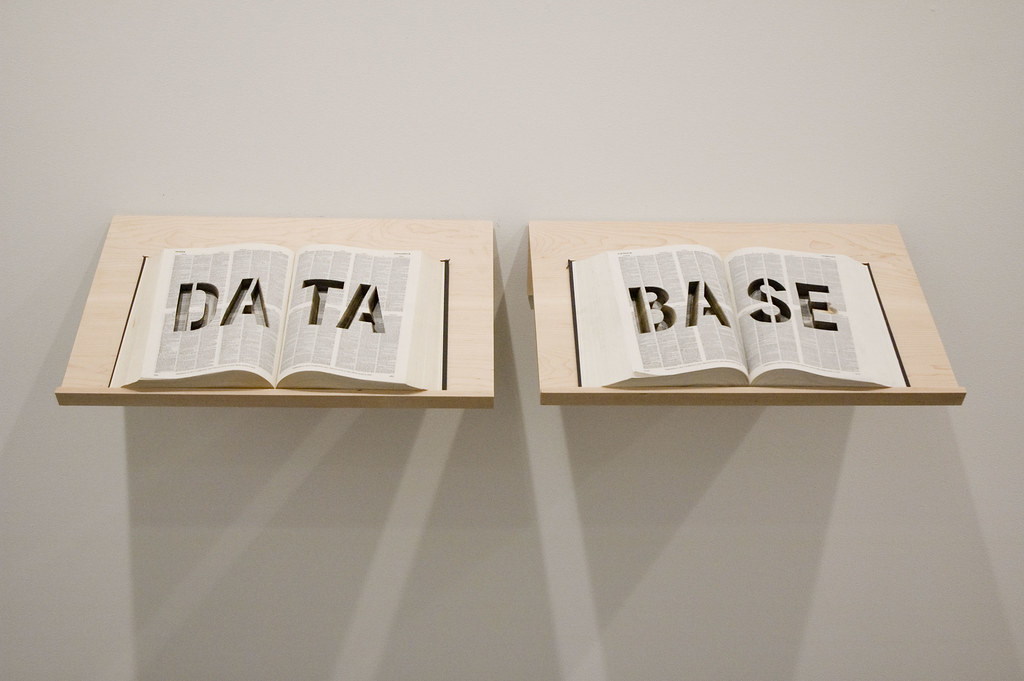Project Description
In addition to the school’s JSTOR database, below are a few other free resources you may find helpful
What We Do
Creative Commons is a nonprofit organization that helps overcome legal obstacles to the sharing of knowledge and creativity to address the world’s pressing challenges.
Free Online Databases
Avalon Project Law, History, Economics, Politics, Diplomacy and Government.
BioMed Central Biology and medicine.
Calisphere Images, texts, and recordings from California’s libraries, museums and archives.
Churchill Archive British and world history in the late nineteenth and early twentieth centuries.
CIA World Factbook Current statistics and information about the nations of the world.
Database of Open Access Journals 9000 open access journals covering all areas of science, technology, medicine, social science and humanities.
Digital Public Library of America Cultural heritage objects from libraries, archives, and museums across the US.
Internet History Sourcebooks Project A collection of public domain historical texts.
LearnTechLib Articles and abstracts focusing on learning and technology.
Infotopia Websites selected by librarians, teachers, and educationalists.
Library of Congress American Memory Project Written and spoken words, sound recordings, still and moving images, prints, maps, and sheet music that document the American experience.
OAPEN Open access books (humanities and social sciences.)
ProCon.org Researched pro/con information on more than 50 controversial issues.
Project Gutenberg The oldest digital library – books in the public domain. It currently contains more than 53,000 free ebooks.
Public Domain Review Online journal and project curated collections of images, books, audio and film, as well as in-depth essays from experts (arts and literature).
Public Library of Science (PLOS) “…a non-profit Open Access publisher.
Wilson Center – International History Declassified Once-secret documents from governments all across the globe. Fresh insights into the history of international relations and diplomacy.
“DOAJ is a community-curated online directory that indexes and provides access to high quality, open access, peer-reviewed journals. DOAJ is independent. All funding is via donations, 50% of which comes from sponsors and 50% from members and publisher members. All DOAJ services are free of charge including being indexed in DOAJ. All data is freely available.”
“DOAJ operates an education and outreach program across the globe, focusing on improving the quality of applications submitted.”
RefSeek is a web search engine for students and researchers that aims to make academic information easily accessible to everyone. RefSeek searches more than five billion documents, including web pages, books, encyclopedias, journals, and newspapers.
RefSeek’s unique approach offers students comprehensive subject coverage without the information overload of a general search engine—increasing the visibility of academic information and compelling ideas that are often lost in a muddle of sponsored links and commercial results.
Traditional search engines rely mostly on keyword matching. Usually, they match the keywords you type in the search field with words found in the indexed content. The accuracy of the search results depends on the quality of the keywords you type, which puts the responsibility of a successful search on the user.
It is different because it employs natural language processing to understand and remember the knowledge conveyed in each document. MA then applies a technique known as semantic inference to recognize the user’s intent and to proactively deliver results relevant to the user’s intention. As a result, MA can process complex queries and can provide rich and knowledgeable answers.” Taken from Microsoft Academic FAQ page accessed 13.01.2020 https://academic.microsoft.com/faq




 https://doaj.org/
https://doaj.org/


